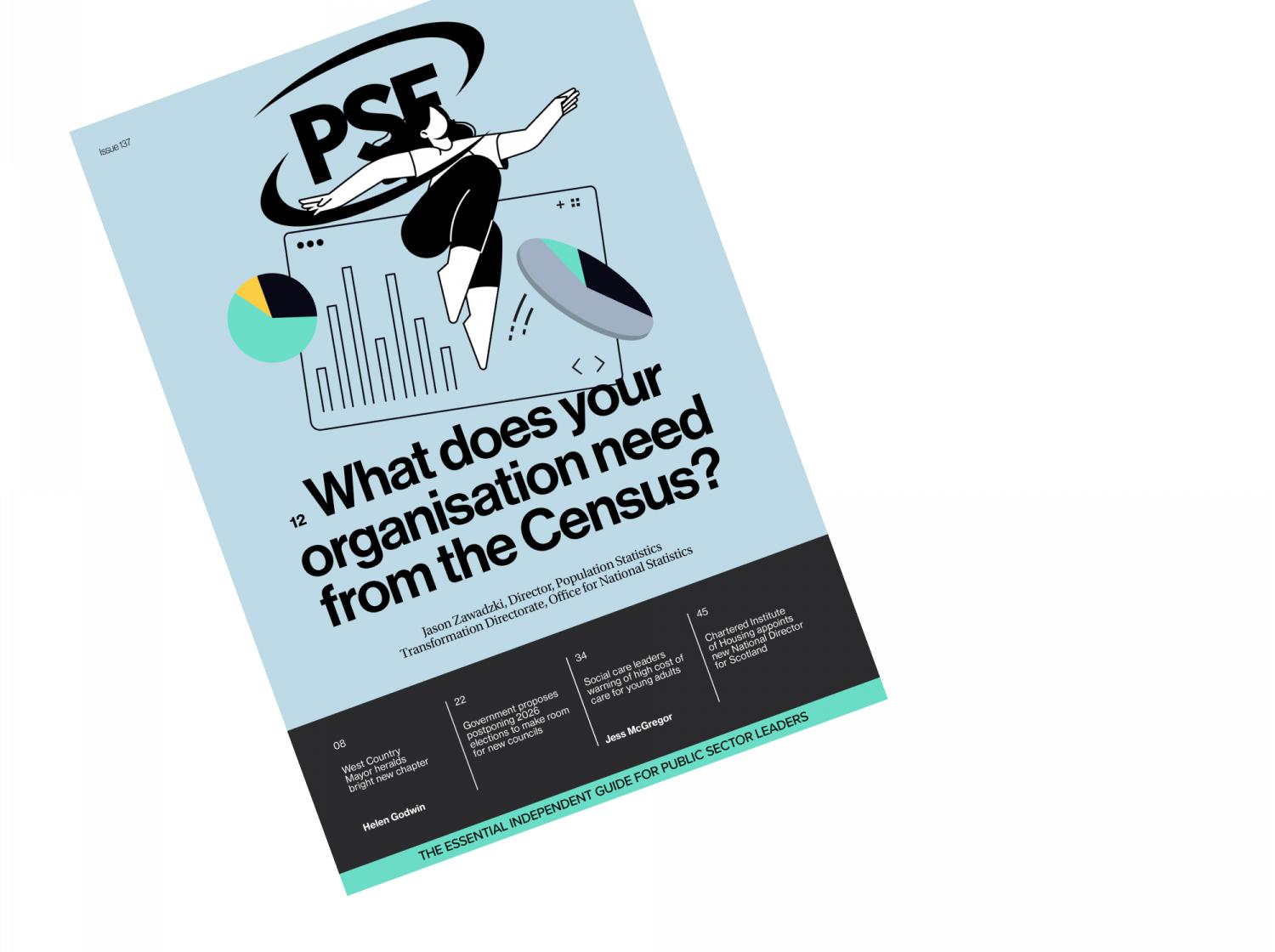In a landmark publication, Sir Geoffrey Clifton-Brown MP, Chair of the Committee of Public Accounts, has released his First Annual Report, offering a sobering assessment of the UK government's ability to manage public finances, deliver essential services, and prepare for future risks. The report, published as part of the Committee’s Forty-Seventh Report of Session 2024–26, outlines systemic challenges across Whitehall and calls for urgent reforms to avoid repeating costly failures.
The report arrives amid significant political and economic upheaval. Following Labour’s landslide victory in July 2024, the Committee has conducted 53 public evidence sessions and published 45 reports. Sir Geoffrey’s analysis, informed by years of experience including his prior role as deputy chair, paints a picture of a government struggling to keep pace with technological change, financial pressures, and public expectations.
One of the most pressing concerns is the government's lagging digital transformation. Despite the potential of AI and cyber technologies to revolutionise public services, the report finds that 28% of central government systems are outdated legacy IT, posing both operational inefficiencies and serious cybersecurity risks. The Chair warns that without urgent investment and leadership, the UK risks falling behind globally.
Procurement inefficiencies and a lack of digital skills within the civil service compound the problem. With only 15 staff managing relationships with the 19 largest tech suppliers, the government’s ability to negotiate effectively is severely hampered.
The report highlights widespread backlogs and delays in critical services, including the justice system, where the Crown Court backlog reached over 73,000 cases. Victims of crime, particularly survivors of sexual violence, are abandoning cases due to prolonged delays.

In housing, the legacy of the Grenfell disaster continues, with thousands still living in unsafe buildings. The government’s £5.1 billion remediation fund is deemed insufficient, and the refusal to seek additional funding from construction product manufacturers is criticised.
The Committee also exposes a postcode lottery in services such as NHS dentistry and special educational needs (SEN) support, with stark regional disparities in access and quality.
With national debt at 100% of GDP and interest payments exceeding £105 billion annually, the report warns of unsustainable fiscal trends. The Office for Budget Responsibility projects debt could rise to 270% of GDP by the 2070s if no action is taken.
Local government is in crisis, with 30 councils receiving exceptional financial support and widespread use of short-term fixes like asset sales and borrowing. The Committee calls for a shift toward preventative spending and long-term planning.
The report delivers a scathing review of major infrastructure projects. HS2, now estimated to cost £80 billion, remains plagued by delays and an unclear scope. The Sellafield nuclear decommissioning project has seen costs balloon to £136 billion, with critical waste retrieval efforts falling behind due to skills shortages.
In light of global instability, the Strategic Defence Review outlines ambitious plans to raise defence spending to 3.5% of GDP by 2035, but the report questions how these commitments will be funded. The lack of a current Equipment Plan and the delay in publishing the Defence Investment Plan raise concerns about transparency and accountability.
The Committee warns of deteriorating infrastructure across hospitals, schools, and prisons, with a £49 billion maintenance backlog. In the water sector, decades of underinvestment have left the UK facing a potential 5 billion litre daily shortfall by 2050. A proposed super regulator is seen as a necessary step, but questions remain about its powers and effectiveness.
Sir Geoffrey Clifton-Brown’s report is both a critique and a roadmap. It urges the government to embrace digital transformation, prioritise preventative spending, and ensure resilience in the face of growing threats. The Chair concludes that without bold action, the UK risks compounding existing failures and undermining public trust.
Image credit: iStock & UK Parliament



















